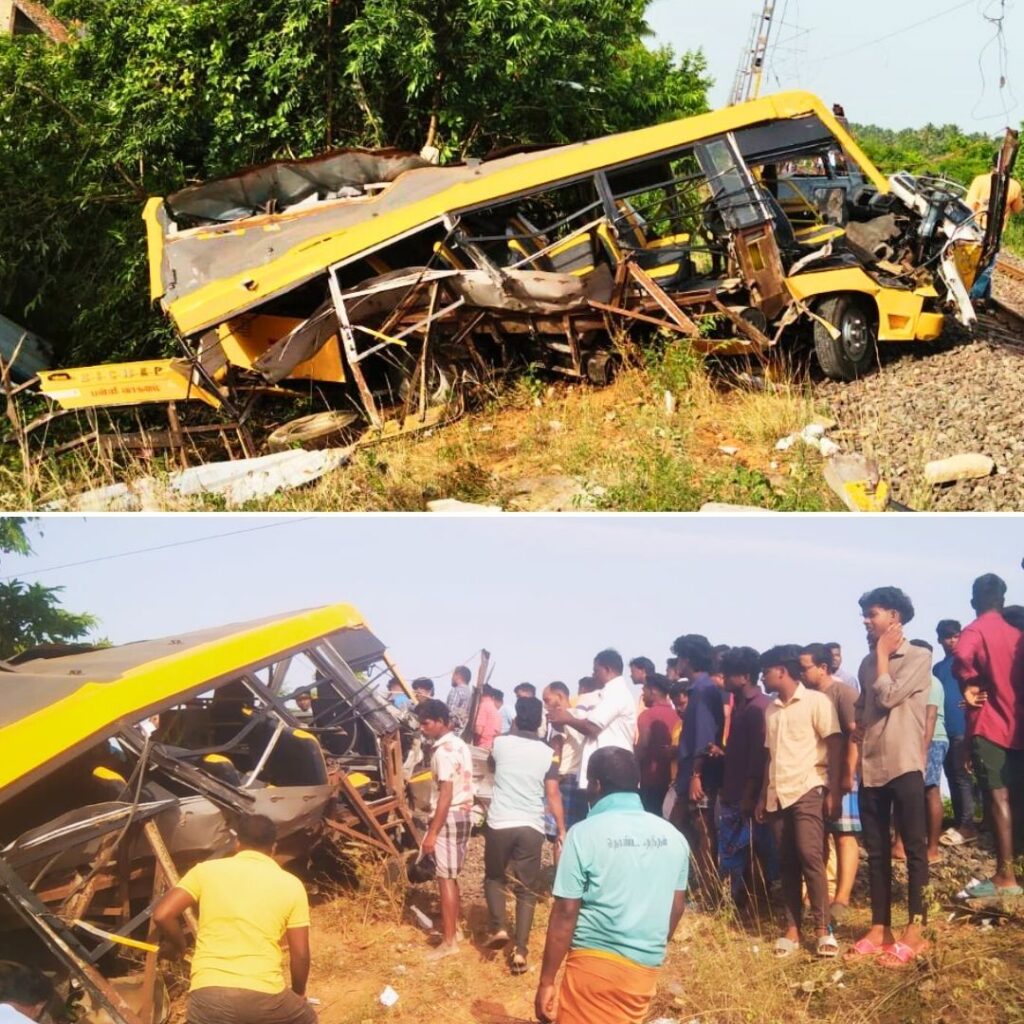Most of us living in Bengaluru know what the city (and we) are going through – Bengaluru is running out of water.
India’s Silicon Valley is the first city in India which has physically run out of water, as reported by BBC India. Once filled with wetlands, it now faces a shortage of one of the most precious commodities essential to sustain life on Earth.
A lot of the water supplied to Bengaluru homes comes from private water tankers that draw water out from borewells.
Borewells are dug deep into the Earth – sometimes at depths of more than a thousand feet to extract the ground water.
Earlier, the borewells were dug at a feet of 300 feet, which gradually kept on increasing.
In 2016, researchers from the Indian Institute of Science (IISc) revealed that the IT city has lost 79% of its water bodies and there has been an increase of 925% concretisation. It further informed that 98% of lakes in Bengaluru have been encroached upon.
According to the data of Bengaluru Water Supply and Sewerage Board (BWSSB), Bengaluru’s population density is 13 times higher than Karnataka’s average and it consumes 50% of Cauvery water reserved for domestic use in Karnataka.
As the fastest growing city in the country, Bengaluru’s water is having a tough time to keep up with the rising demand which is likely to rise more than three times in the next nine years.
But the city’s traditional water sources are either drying up or are contaminated.
Bengaluru’s Bellandur Lake took in about 500 million litres of untreated sewage and toxic chemicals from factories each day. Unauthorised dumping of construction waste, mixed garbage waste, including dry and wet waste and open faeces has turned the land into a breeding ground for diseases and toxic emissions.
The lake is so badly contaminated that the NGT ordered shut down of all factories around it, with a Rs 5 lakh fine imposed on those who continue dumping waste into it.
Another contributing factor to the city’s water shortage is the wastage of this essential commodity. Despite the Cauvery water dispute, Bengaluru wastes 50% of the water it receives.
The only Indian city that wastes water at a greater rate is Kolkata.
Bengaluru, with a population of 8.5 million, is the third most populous city in India. Everyone should get 150 ltr of water per day. But they get only 65 ltr, which is equivalent to four toilet flushes. The situation is likely to worsen for the city.
The gap between the demand and supply of water in Bengaluru is met by private water tankers. Thousands of tankers provide millions of litres of water across the city.
But, like any other precious commodity which has a shortage of supply, water supplied by private tankers are controlled by cartels, sometimes called the ‘water mafia’.
A report by Hindu points out that the private tankers get their water from borewells drilled illegally in public places, including footpaths and parks.
In many parts of the city where the government water supply is lacking or there is a deliberately created shortage of water, a coalition of thugs, mostly backed by local politicians and some water department employees, run a parallel and private water supply network.
But as many families are at the mercy of the tanker operators, nobody stands up against them. Furthermore, there is no way to find out about the quality of water supplied or negotiate the price.
What can we do?
As Bangaloreans mainly depend on Cauvery for their water needs, it is time to reduce the burden on the river.
Bengaluru used to be a city of hundreds of lakes, however, massive contamination and lack of preservation methods has dried most of them. Even as the government of Bengaluru takes efforts to revive the lakes, we, as individuals, can undertake certain measures to prevent the city from completely drying.
An IISc scientist based out of Bengaluru has not paid his water bill in nearly 22 years. But this is not because he is evading it, but because his house is not connected to the city’s water supply chain and all his water needs are fulfilled by ingenious rainwater-based water supply system and eco-friendly initiatives in his house.
Rain water harvesting is compulsory for all new building in the city, however the implementation is in bad shape.
Another reason for depletion of precious commodity in the immense wastage in our homes.
The Logical Indian urges the people of Bengaluru to work in collaboration with the government and municipality to help revive the water of the city.











